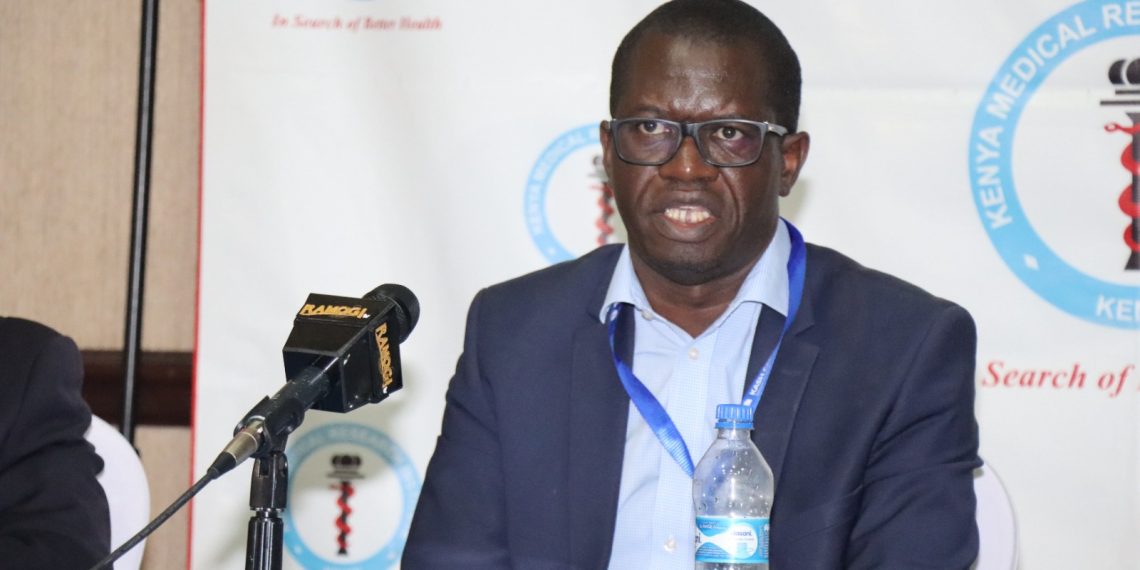In the aftermath of the recent Shakahola exhumations, the country witnessed the vital role of forensic science in human remains identification and the pursuit of justice.
Speaking at the 14th annual KASH conference, Chief government pathologist Dr. Johansen Oduor underscored the critical role of forensic science in Kenya’s criminal justice system especially the importance of DNA in human remains identification, apprehending criminals, and the need for Kenya to embrace modern forensic techniques.
The DNA database would prove invaluable in cases like Shakahola for human remains identification. Given varying levels of decomposition and instances where soft tissues are absent, the government is turning to DNA extraction from bones. Although this process is lengthier compared to extracting DNA from soft tissues, it remains feasible.
“In the mind of a human being, once you bury someone, the problem is gone. What people should know, however, is even if you bury the person and a report gets to us that the person was killed, we will be able to exhume the body get the DNA and determine the cause of death. I have conducted autopsies in which someone was poisoned and remained in the grave for one year, yet we still found traces of poison.”
Speaking at the same Conference Dr John Kimani Mungai Forensic Science Consultant, Emphasized the critical need for DNA Database, says criminals often reoffend and the severity of crimes escalate over time, the need to identify and apprehend repeat offenders is more pressing than ever.
“There is no way a person will commit a crime without leaving a trace or taking some evidential material from the crime scene. Every contact leaves a trace, and these trace evidences are collected by the investigative officer and handed to the forensic scientist.”
He added, “Their task is to answer simple questions that will aid the prosecution, such as ‘I found red stains at the crime scene, could it be blood? Is it of human origin?’ The results of these analyses appear in court as evidence, assisting the prosecution in building their case.”
Addressing the conference attendees, Dr. Kimani who has over 30years of experience working in a forensic science laboratory at the Government Chemists Department said that a database in underway in Kenya , he explained on the multifaceted benefits of implementing a DNA database in Kenya’s criminal justice system.
He pointed out that a centralized database would enable law enforcement agencies to link suspects to crime scenes, identify repeat offenders, and resolve cold cases. Moreover, it would facilitate the exoneration of innocent individuals who may have been wrongfully convicted, thus upholding the principles of justice and fairness.
“In developed countries, what they have is a criminal database so if someone commits a crime and they had a previous criminal record and their DNA had already been stored the database and so an investigative officer can run it through their database and of course as a country we are also headed there soon.”
Dr. Kimani emphasized the reliability and precision of DNA in forensic science used during prosecutions, stating,
“One property of DNA is that no two unrelated people have a similar DNA profile so the issues of DNA identification and matching are pivotal in criminal investigations and legal proceedings.”
DNA, relatively stable and is present in all cells except red blood cells, this renders a DNA database a significant advantage for Kenya in prosecution and ensuring justice for its citizens. Information sharing remains pivotal for law enforcement success.The efficacy of the database increases with its size.













